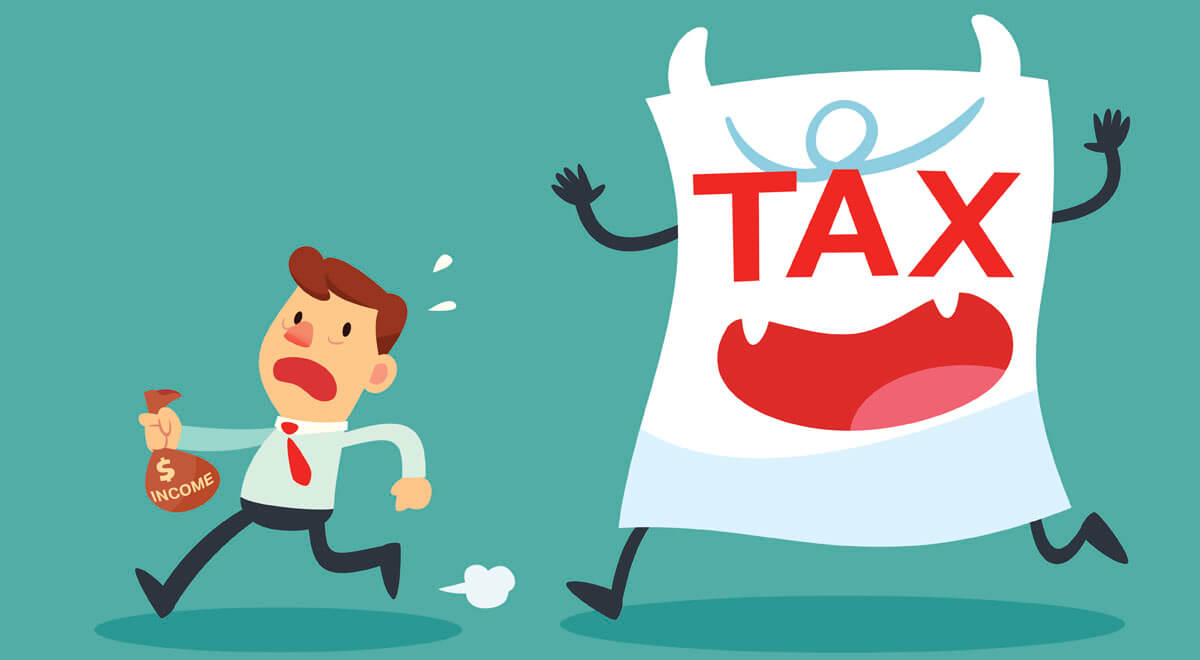7 myths to stop believing about the taxman
What the CRA can and can't do to recover money from tax cheats
Advertisement
What the CRA can and can't do to recover money from tax cheats

Share this article Share on Facebook Share on Twitter Share on Linkedin Share on Reddit Share on Email